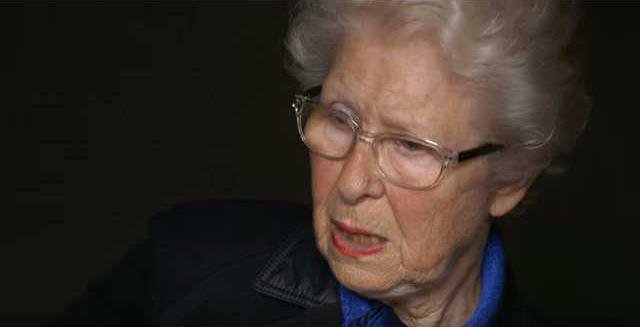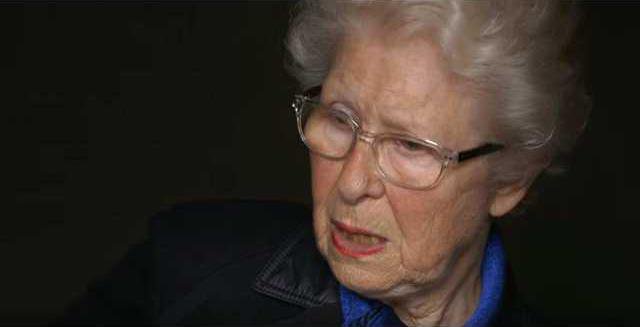FRANCE Francine Christophe was born in 1933 to a Jewish family in France.
In 1944, she was sent to the Bergen-Belsen concentration camp in northern Germany with her mother, where each child was allowed to bring a small bag from France with an item or two inside.
Francines mother brought two small pieces of chocolate for her daughter, which would be saved to help give Francine a boost if she ever collapsed or became weak while in the camp.
In this video, Francine details the simple story of what happened to that chocolate during the war. It began when a pregnant women name Helene went into labor while incarcerated, and Francine gave up her chocolate to help sustain Helene as she gave birth.
The story doesnt end there, but it is truly best to hear the whole, touching tale straight from Francine in this five-minute video.
Francines story is part of a larger film project called Human, in which director Yann Arthus-Bertrand spent three years interviewing 2,000 people around the world to try and answer the question, What is it that makes us human?
This video was posted to YouTube on Sept. 11, 2105, but has currently found a second life online, and deservedly so. To learn more about the Human project, visit the project's YouTube channel or website.
In 1944, she was sent to the Bergen-Belsen concentration camp in northern Germany with her mother, where each child was allowed to bring a small bag from France with an item or two inside.
Francines mother brought two small pieces of chocolate for her daughter, which would be saved to help give Francine a boost if she ever collapsed or became weak while in the camp.
In this video, Francine details the simple story of what happened to that chocolate during the war. It began when a pregnant women name Helene went into labor while incarcerated, and Francine gave up her chocolate to help sustain Helene as she gave birth.
The story doesnt end there, but it is truly best to hear the whole, touching tale straight from Francine in this five-minute video.
Francines story is part of a larger film project called Human, in which director Yann Arthus-Bertrand spent three years interviewing 2,000 people around the world to try and answer the question, What is it that makes us human?
This video was posted to YouTube on Sept. 11, 2105, but has currently found a second life online, and deservedly so. To learn more about the Human project, visit the project's YouTube channel or website.








